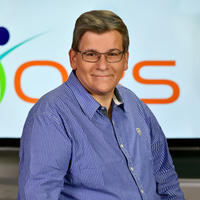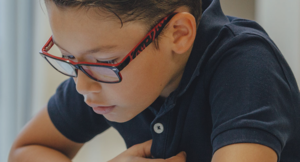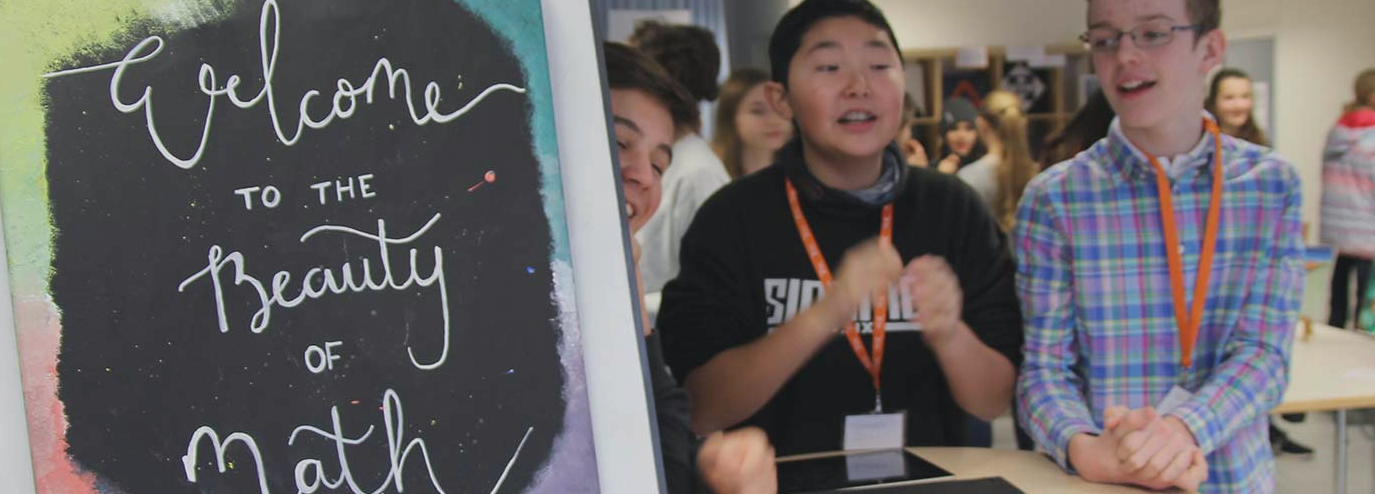

Obersee Bilingual School (OBS) has two campuses Pfäffikon and Wollerau, both near Zurich. It was founded in 2003 and has a strong commitment to a modern approach to education with a true bilingual German/English approach. They aim to build critical thinking skills in each student and prepare them for the challenges of tomorrow.
We talked with Uwe Feuersenger the CEO of OBS:

OBS places a strong emphasis on German and English bilingual education, which can be challenging. How does your school ensure an effective bilingual curriculum?
It all starts with the teacher. Our teachers are bilingual specialists that are skilled in dealing with variations in different students' language proficiency and literacy development. In addition, we have a language support team for learners which need additional support. All key concepts and unit vocabulary are taught bilingually. As with all teaching, learners must be working towards a clear goal, one that can be evaluated, and their learning must have a relation with the real world. Language immersion can, as you highlight, be hard work for educators and students, however the benefits certainly outweigh the challenges.
As OBS mission is to be more than a bilingual school, you aim to prepare students to face the complex challenges of the future; Could you tell us more about your views on this?
The traditional style of teaching where the teacher stands at the front of the classroom and lectures is a thing of the past. The teacher’s role is to facilitate learning and provide rich, student-centred learning opportunities. We are preparing our students for an unknown job market. Employers are looking for much more than purely strong academic young people. Students must acquire knowledge and be effective communicators (oral and written) but more importantly, they must be agile, resilient, constantly questioning and accessing and analysing information.

Young people are accustomed to instant gratification and use the web for social interests, to discover new passions as well as to support their schoolwork. They are constantly connected. Schools need to compete with this and provide opportunities that extend student interests and enable them to become problem-solvers and critical thinkers, to collaborate, and show entrepreneurship. Schools also need to develop their curricula so that the next generation is prepared for the challenges they will face; be it climate change, food and space shortages, future pandemics and an increase in mental health issues to name a few. That is why we, at OBS, are developing our own Space and Ocean Explorer programmes and the Film and Computer Games Academy as just two examples. Teaching should not take on a silo approach but be cross-curricula, enquiry based and future oriented.
Speaking of the future, OBS strives to move beyond the old model of education in which passive transmission of information and memorisation were the main components of a classroom. What do you think should be the key elements of modern-day learning?
Modern day learning must include health and wellbeing, problem-solving, real-world application, gamification and augmented/virtual reality. Learning must be mobile and the curriculum accessible to all. What will always remain crucial is the personal relationship each teacher develops with their students.
Ultimately our aim is to offer each student a personal learning journey that addresses the preferences, interests, hopes and dreams, strengths, areas for development for each of them. A student must see the value and get personal meaning from what they are learning for it to be stored in the long-term memory.

Our Authentic Assessment project, where the focus is on formative assessment and feeding forward, is key to producing self-directed and engaged learners who always know their next step in the learning journey. Traditional grading is not a reliable metric for the way knowledge is handled today. Concepts need to be understood and learning transferred to create true meaning and have an impact. We think this is a crucial step that all educational institutions should take.
OBS already has a campus in Pfäffikon, but in the summer of 2021 you opened a new campus in Wollerau, Canton Schwyz. What is the main idea behind the new campus and how do you believe it will impact the childrens’ education?
The campus provides us the space, technology and flexibility to offer our students an environment that supports the many different learning profiles that enter our campus every day. What we continue to nurture is the culture and spirit OBS is known for.
How does OBS integrate the modern classroom concepts such as ‘digital learning’, ‘virtual reality’, ‘future-oriented education’ and ‘artificial intelligence’?
Every few years the way we learn, play and work is redefined as technology continues to develop and open up more opportunities to adapt the way we network, share information and keep in touch. Our units include interactive worlds that students can navigate and explore at their own pace and direct towards areas that interest them in particular. Teaching and learning is anything but a passive process. Technology, and especially AI, add an extra dimension of adaptiveness and depth to what is delivered in the classrooms.
Our goal is for our students to become characters in their learning and be part of writing their own storyline.
In summary, OBS has a serious commitment to an innovative approach to providing a modern bilingual education. To find out more visit their website: https://www.obs.schule/en/